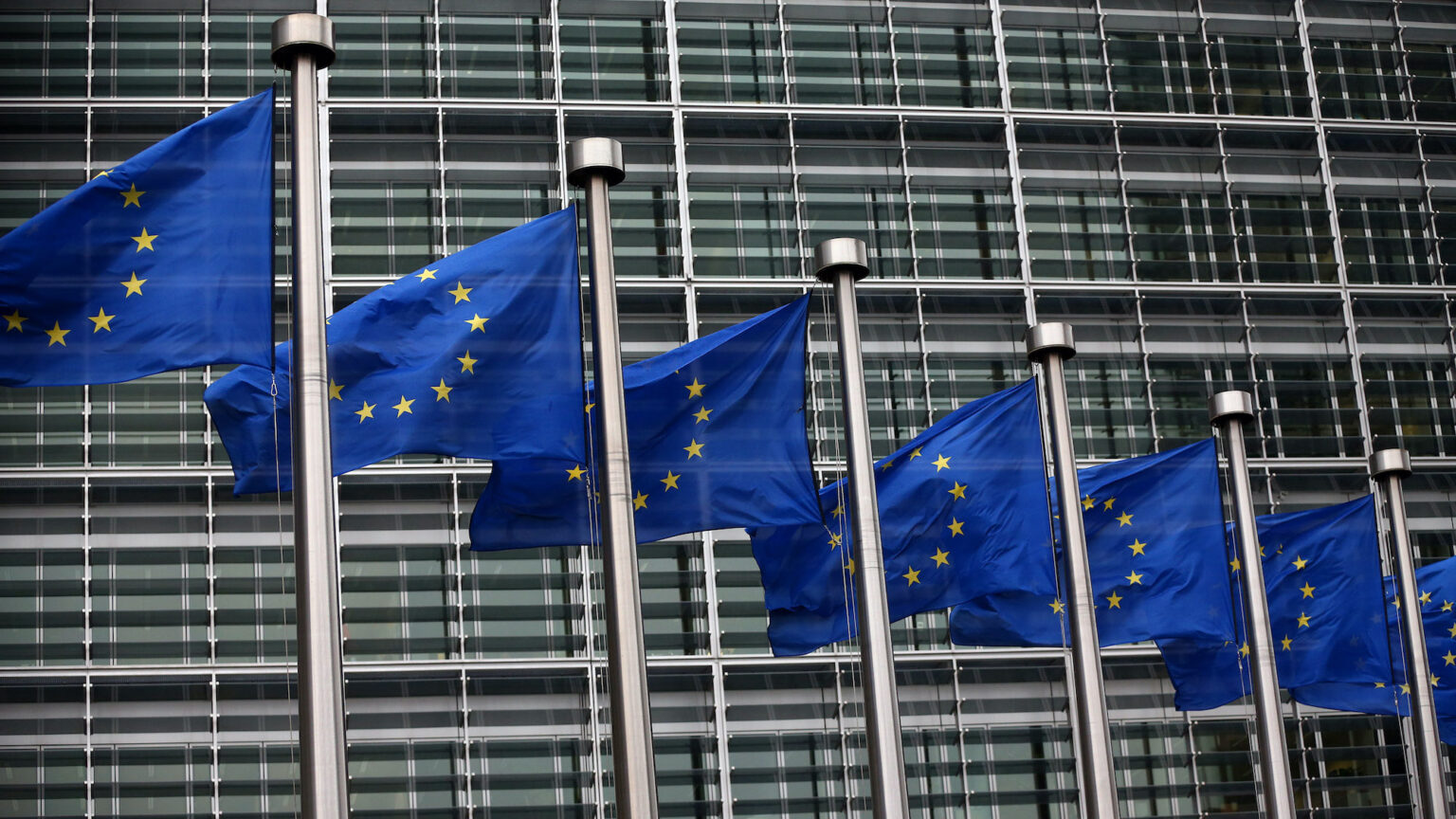The EU is still at war with itself
Not even Russia’s invasion of Ukraine has stopped the EU attacking Poland and Hungary.

Want to read spiked ad-free? Become a spiked supporter.
The EU clearly regards Russia’s invasion of Ukraine as a distraction from its crusade against national sovereignty. How else to understand the European Parliament’s demand this week for the European Commission to punish Hungary and Poland – two of the member states at the forefront of providing shelter to Ukrainian refugees – for their supposed breach of the EU’s Rule of Conditionality Regulation.
This regulation, introduced by the EU at the start of last year, provides a mechanism for the European Commission to withhold EU funds to member-state governments it deems to be defying EU laws. The governments of both Hungary and Poland challenged the regulation in the European Court of Justice (ECJ) but their appeal was rejected on 16 February.
As a result, the EU is now free to impose a financially brutal punishment that could cost Hungary and Poland billions of euros in funding. But then it’s meant to be financially brutal. The EU is effectively using its financial power to force recalcitrant member states to abandon any policies or laws it disagrees with, such as Poland’s planned judicial reforms.
This European Parliament’s decision sends a message not just to the governments of Poland or Hungary, but also to the voters in those countries. It effectively says to these nations’ citizens that their governments’ commitment to self-determination threatens their economic wellbeing. The intent of such a message is clear – it aims to boost the standing of the domestic political opponents of Hungarian and Polish governments. That is why opposition Hungarian and Polish MEPs voted in favour of a resolution that will punish their own nations.
Furthermore, the parliament’s resolution is timed precisely to influence the outcome of next month’s General Election in Hungary. After all, Hungarian prime minister Viktor Orbán is a principal opponent of the EU’s federalist aspirations. The EU therefore hopes that by punishing Orbán’s government, it will embolden Hungary’s pro-EU opposition parties. This shows that the EU has no inhibitions about intervening in the domestic affairs of an independent nation.
At a time when the threat of war looms over the entire continent one would have thought that MEPs had other things on their mind. But no – it seems that pursuing an ideologically motivated assault on national sovereignty is all that matters, even now.
This is a shameful moment for the EU. Right now, Poland and Hungary need to be supported in their efforts to help the hundreds of thousands of refugees crossing their borders. But instead the EU has decided to mete out a financially severe punishment.
It seems that even a humanitarian crisis that could destabilise the European continent for decades is of less importance to MEPs than the EU’s petty crusade against advocates of national self-determination. The self-serving behaviour of the MEPs who voted for the resolution exposes the rotten political culture that dominates the institutions of the EU.
The events in Ukraine desperately highlight the need for European unity. But this will have to be forged by a coalition of national governments. The EU is a union in name only.
Frank Furedi’s 100 Years of Identity Crisis: Culture War over Socialisation is published by De Gruyter.
Picture by: Getty Images
Celebrate 25 years of spiked!
A media ecosystem dominated by a handful of billionaire owners, bad actors spreading disinformation online and the rich and powerful trying to stop us publishing stories. But we have you on our side. help to fund our journalism and those who choose All-access digital enjoy exclusive extras:
- Unlimited articles in our app and ad-free reading on all devices
- Exclusive newsletter and far fewer asks for support
- Full access to the Guardian Feast app
If you can, please support us on a monthly basis and make a big impact in support of open, independent journalism. Thank you.







Comments
Want to join the conversation?
Only spiked supporters and patrons, who donate regularly to us, can comment on our articles.